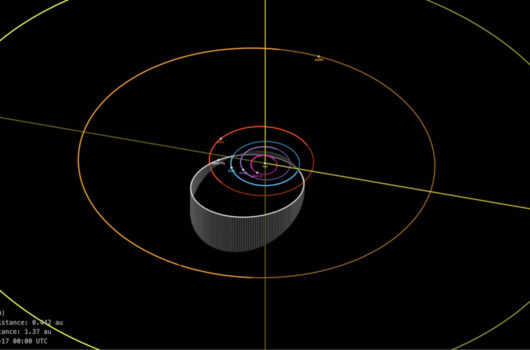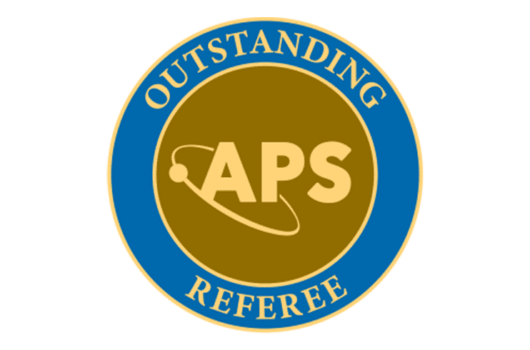Continuous Gravitational Waves: A New Window to Look for Heavy Non-annihilating Dark Matter
Continuous Gravitational Waves: A New Window to Look for Heavy Non-annihilating Dark Matter
View
Abstract
Sun-like stars can transmute into comparable mass black holes by steadily accumulating heavy non-annihilating dark matter particles over the course of their lives. If such stars form in binary systems, they could give rise to quasi-monochromatic, persistent gravitational waves, commonly known as continuous gravitational waves, as they inspiral towards one another. We demonstrate that next-generation space-based detectors, e.g., Laser Interferometer Space Antenna (LISA) and Big Bang Observer (BBO), can provide novel constraints on dark matter parameters (dark matter mass and its interaction cross-section with the nucleons) by probing gravitational waves from transmuted Sun-like stars that are in close binaries. Our projected constraints depend on several astrophysical uncertainties, nevertheless, are competitive with the existing constraints obtained from cosmological measurements as well as terrestrial direct searches, demonstrating a notable science-case for these space-based gravitational wave detectors as probes of particle dark matter.




